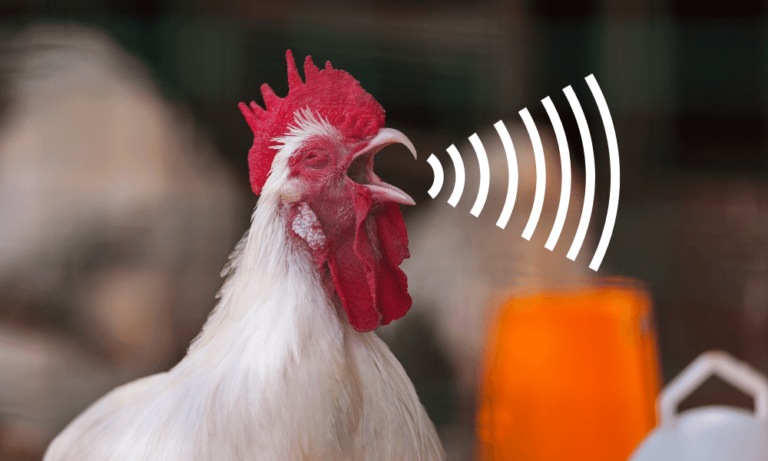The logic is this: if the sun gets moved then the rest of the solar system will follow. Of course, it’s just in case we need to get out of here in a hurry.
Ever seen Armageddon? Asteroid, heading for Earth… well, what if there is a whole field of them in the future. If humans are able to detect the threat early enough, the entire solar system could be moved, instead of trying to relocate the human species.
Benefit: we’d still have our star.
The idea is basically a tugboat. Using fuel gathered from the sun, two streams would be created: one used to push the sun forward and, since this would occur in space there must be something to push against, another stream to propel the thruster/sun system forward.
This would require so much energy, a Dyson sphere would be needed. A dyson sphere is a structure that surrounds a star and harvests it’s energy.
If this plan, to move the solar system across the galaxy, was to be enacted, it would take millions of years to develop the necessary technology. But thanks to forward-thinking scientists, a rough outline of what needs to happen has already be sketched.
This brings to mind both Seveneves by Neil Stephenson and the Remembrance of Earth’s Past series by Cixin Liu. Both of these deal with space travel and the type of threat it would require for humans to leave Earth behind.
Really, I think this could be a great series similar to Isaac Asimov’s Foundation series. Each book could take place in a new era, describing the development of the technology that will prople the solar system across the galaxy. The implications from nuclear fusion, a dyson sphere, space-building capabilities could all be explored, centered on a local who, for whatever reason, finds himself affected by the new technology while trying to resist the change. I’m thinking a Murakami-esque character, loner male, who wants to live the “old way” but who finds himself pulled forward by the future, maybe a femme fatale type character. But each book could introduce a new version of the same person, like a reincarnation.


